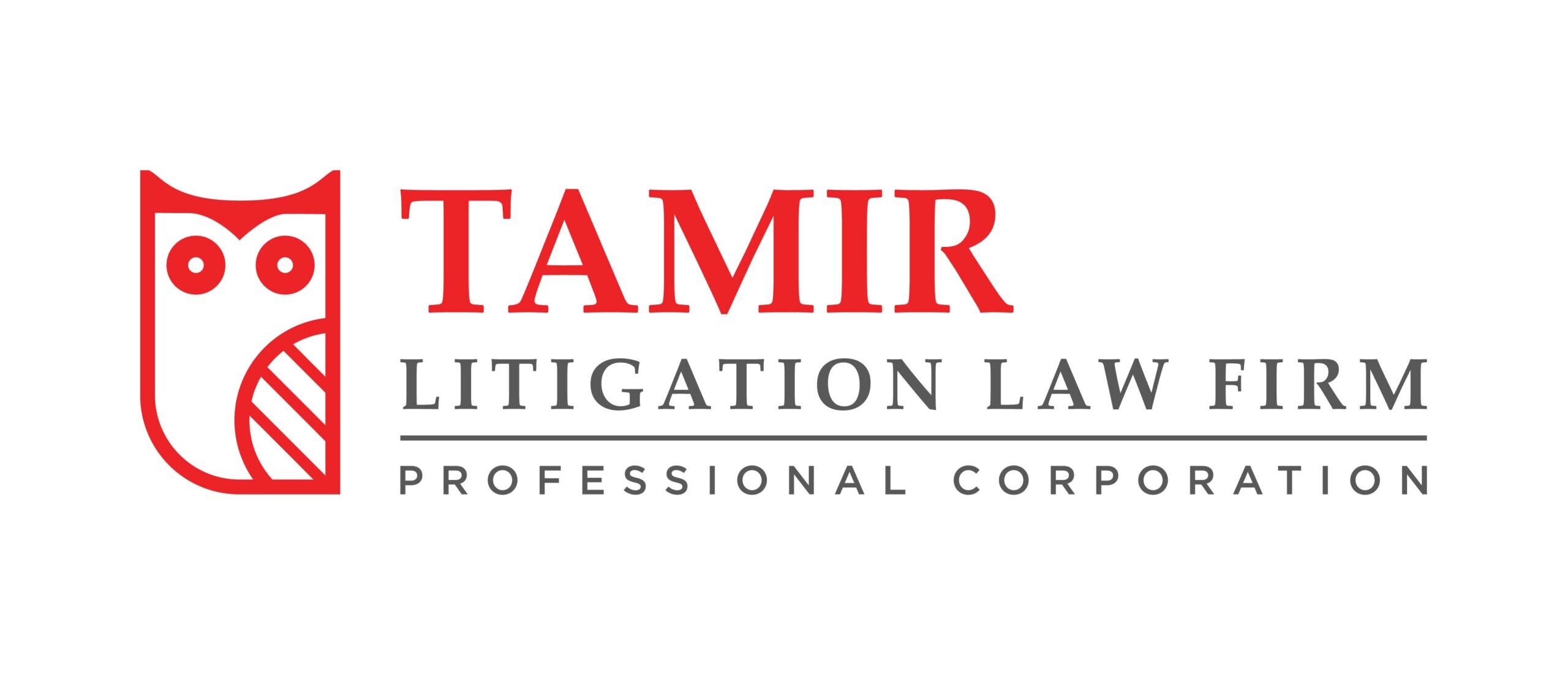Checked "No" on your renewal by mistake? In Michalopoulos v. FSRA, a mortgage agent faced a license refusal for failing to disclose past convictions. FSRA argued he was "unsuitable," but the Tribunal disagreed. Why? Because he held "Secret Level" security clearance and was honest with his broker. This decision proves that a disclosure error doesn't have to end your career. The Tribunal ordered a "Conditional License" instead of a ban. Learn how we can use this precedent to negotiate supervision and save your license. Your past doesn't have to dictate your future.
Received a Notice of Proposal to refuse your license due to a "Material Misstatement"? It is a terrifying moment, but a groundbreaking new decision from the Ontario Divisional Court (Ontario v. Ahuja) confirms that a disclosure error is no longer an automatic career barrier. The Court ruled that FSRA cannot simply ban applicants for past mistakes if the public can be effectively protected through "Conditional Licensing." This post explains how this new legal precedent works, why "unclean hands" aren't fatal to your application, and how we can help you negotiate a supervision plan that keeps you in business. Don't give up, as you have legal options.
In CPATA v. Fincham (2025 CPATA 5), the Discipline Committee confirmed a misconduct finding against a Patent Agent post-mortem. The Agent ignored the regulator throughout 2024, earning a guilty finding solely for "ghosting", the underlying client complaints were actually dismissed. When he vanished during the penalty phase, the College hired a private investigator who confirmed his January 2025 passing. Yet, the Committee refused to vacate the verdict, issuing an August 2025 order confirming the misconduct on the public record. This proves the Duty to Cooperate is absolute. If the regulator will hire an investigator to perfect the record, do not ignore their emails.
Effective March 1, 2026, the CNO is retiring the "Therapeutic Nurse-Client Relationship" standard in favor of a stricter "Professional Boundaries" framework. This shift, alongside the new Documentation standard effective February 1, 2026, explicitly targets modern risks like Artificial Intelligence and social media. The new rules mandate that nurses remain accountable for AI-generated notes and strictly prohibit "connecting" with current or former patients on personal social media platforms. Platforms like TikTok are now fair game for scrutiny. Silence or "private" settings are not defenses. These changes turn grey areas into misconduct traps. Nurses facing complaints under these new 2026 standards need immediate regulatory defence.
CICC v Bayegan, 2025 CICC 26 confirms that good character in licensing turns on disclosure, not explanation. The Registrar refused an RCIC licence after finding it probable the applicant engaged in unauthorized practice and failed to disclose outstanding criminal charges in her statutory declaration. On appeal, the Registrar Appeal Committee upheld the refusal, stressing that licensing is a credibility assessment, not a trial on the merits of alleged misconduct or criminal charges. Non-disclosure itself justified refusal. Attempts to introduce new evidence and contextual explanations on appeal were rejected. The appeal was dismissed and $7,500 in costs ordered, reinforcing that statutory declarations are foundational.

